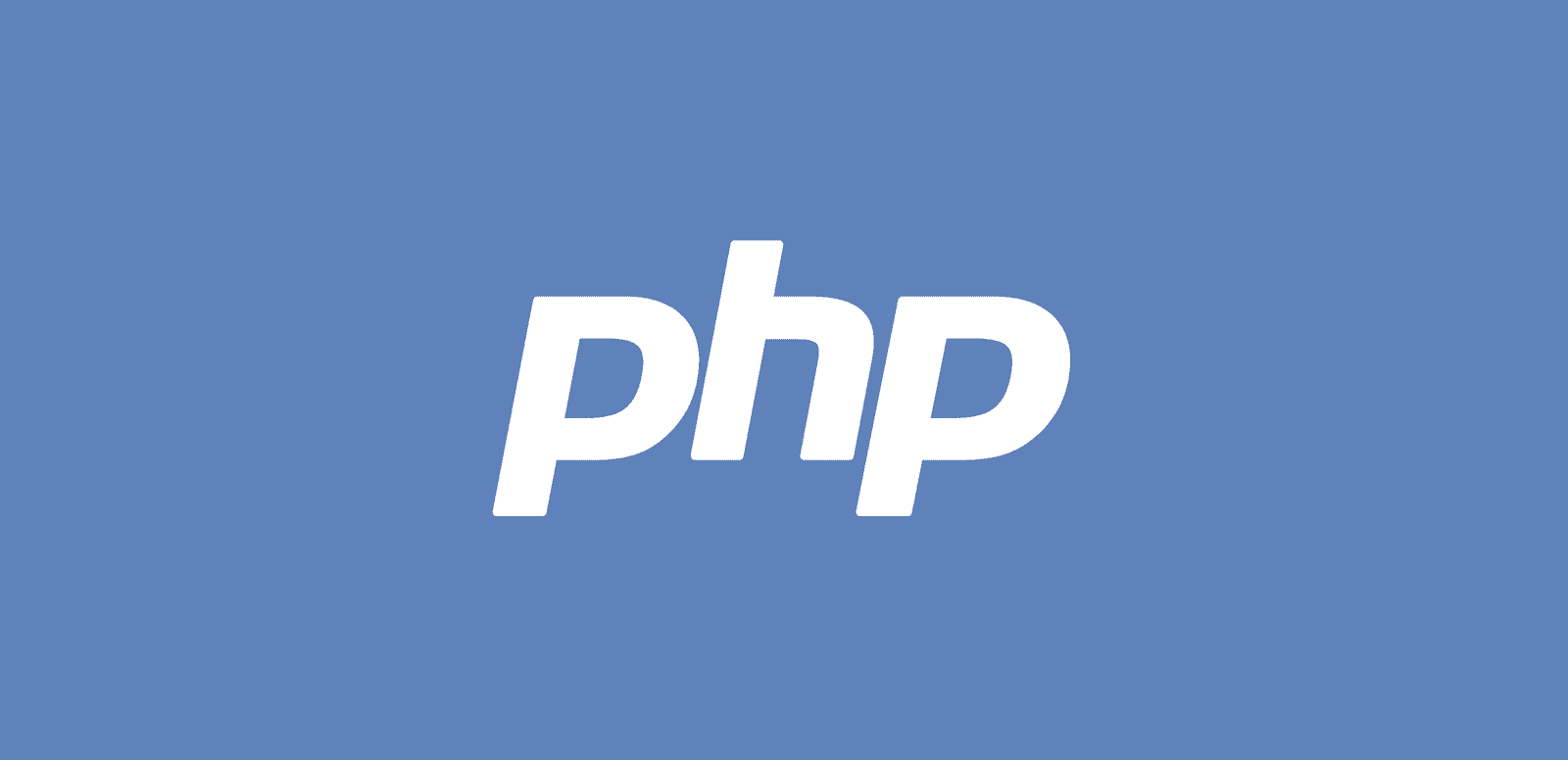

PHP, originally known as Personal Home Page, was created by Rasmus Lerdorf in 1994 as a simple tool to track visitors to his online resume. Gradually evolving into a server-side scripting language, PHP underwent significant transformations over the decades to become one of the most widely used programming languages for website development.
The 2000s saw the emergence of PHP frameworks like Zend Framework and Symfony, enhancing development practices by providing structured approaches to building web applications.
PHP 5, released in 2004, marked another significant milestone with the inclusion of a powerful object-oriented programming model, improving code reusability and maintainability. This version also introduced the concept of exceptions for better error handling.
PHP 7, launched in 2015, revolutionized PHP’s performance with the Zend Engine 3.0, offering substantial speed improvements. It also brought features like strict typing and return type declarations, improving code quality and reliability
PHP 8 Enhancements
PHP 8, the latest major release of the popular server-side scripting language, introduces significant improvements that enhance its capabilities for modern website development.
With features like JIT compilation, enhanced performance, and improved type safety, PHP 8 offers web developers a powerful toolkit to create efficient, secure, and dynamic websites.
PHP 8’s advancements in performance, type safety, and code organisation make it an appealing choice for modern website development. Its ability to address challenges related to efficiency, code quality, and compatibility empowers developers to create feature-rich, high-performing websites and applications.
By leveraging PHP 8’s innovative features and integrations, web developers can deliver dynamic and responsive experiences that meet the demands of today’s digital landscape.
PHP 8 is compatible with various CMS platforms like WordPress, Joomla, and Drupal, enabling developers to build custom plugins and themes.
PHP 8 For Modern Website Development
High-Performance Applications: PHP 8’s JIT compilation makes it suitable for applications requiring rapid data processing, such as analytics and financial tools.
Dynamic Web Pages: PHP 8’s enhanced performance and features enable the creation of interactive and data-driven web pages.
Custom Web Applications: PHP 8 can be utilized to build custom web applications with tailored functionality, user experiences, and integrations.
RESTful APIs: PHP 8’s streamlined syntax and efficient execution make it an excellent choice for building RESTful APIs that communicate with various clients.
Choosing PHP for Web Development
Despite the emergence of various programming languages and frameworks, PHP remains a popular choice for web development for several reasons.
The simple syntax and familiarity make PHP accessible to beginners. Developers can start building dynamic web pages quickly, making it an ideal language for small to large projects.
With a worldwide community, PHP has an abundance of online resources, tutorials, frameworks and libraries. This support ecosystem is invaluable for troubleshooting and learning.
PHP can handle a wide range of tasks, from simple scripts to complex web applications. It integrates seamlessly with databases, content management systems, and various web services.
The dynamic nature and built-in features allow PHP developers to prototype and deploy applications quickly. This speed is especially valuable for startups and projects with tight deadlines.
Problems PHP 8 Solves
Performance Optimisation: Just in time (JIT) compilation significantly improves execution speed, making PHP 8 more suitable for resource-intensive applications.
Type Safety and Code Quality: Union types and attributes enhance code readability, maintainability, and type safety, reducing runtime errors.
Compatibility and Consistency: PHP 8 streamlines code by deprecating outdated features, encouraging developers to adopt modern best practices.
Error Handling: The introduction of the Throwable interface and the match expression simplifies error handling and makes code more readable.
Security: PHP 8 enhances security by introducing features like the Null Safe operator and preventing vulnerabilities like SQL injection through parameter types.
PHP 8 continues to be a powerful and versatile choice for modern website development. With its improved performance, enhanced type safety, and better error handling, PHP 8 enables developers to create faster, more reliable, and secure websites.
Its seamless integration with content management systems, e-commerce platforms, and databases, along with its use in real-time and serverless applications, solidify PHP 8’s place as a cornerstone of web development in the digital age.
PHP’s journey from a simple personal tool to a dynamic and versatile scripting language for web development showcases its enduring relevance and stability. Its evolution over the decades, coupled with its ease of use and engaged community, makes PHP a compelling choice for web developers looking for a reliable and efficient solution.

